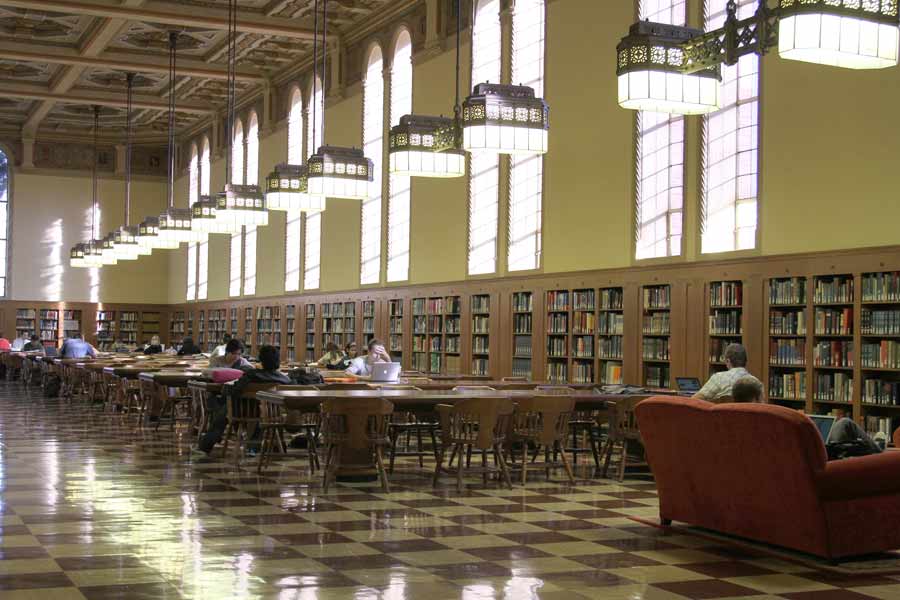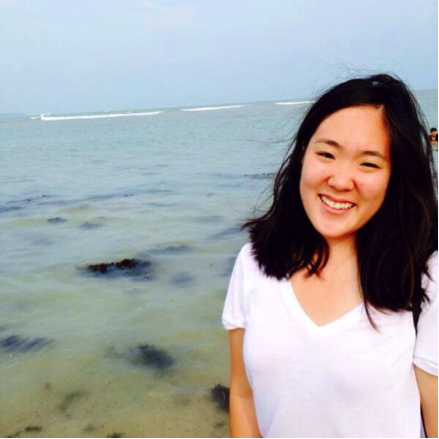The last leg: Honors theses and capstone projects
Both honors theses and capstone projects can be a daunting task for seniors. Here’s a peek into what some of our students have been doing for their final research projects.
Ani Misirian, neuroscience
What is your thesis about?
I’m writing about the effect a model air pollutant has on the expression of autism-associated genes in human neural progenitor cells. I’ve compiled a list of about 13 or so genes; I’ve cultured human normal cell lines, exposed them to environmental air pollution and studied their micro-gene expression to try to determine a pattern.
How have you gone about your research?
My research methods are primarily lab techniques. I’ve also done literature review to try to understand the background of the experiment, but I’m mostly focused on lab techniques like qPCR and cell culturing.
What are some of the obstacles you’ve faced so far?
There have been quite a few obstacles in the lab, including troubleshooting when something doesn’t go as I expected. One of my greatest obstacles has been organizing my time because this semester was a lot more difficult than I thought it would be. Planning out my time so I can devote an adequate amount to writing a strong thesis and doing well in my classes during my last semester here is pretty important. Even while I was doing research over the summer, it was difficult to manage my time because my work required being in a lab for an extended amount of time and I had to balance that with other aspects of my life.
Kate Lavelle, narrative studies
What is the topic of your capstone project?
My topic is a mixed media fiction piece with special emphasis on how Christianity influences inter-personal relationships. It will include different kinds of narrative writing, such as poetry, short fiction and screenwriting, and will feature a brief researched component.
What are a few challenges you’ve come across?
It’s quite difficult to stay disciplined when I’m working under restrictions I created myself. On the other hand, the flexibility that an individual project allows makes it much more manageable with my schedule.
What makes this project important to you?
This project is important to me because it has encouraged me to push myself against the boundaries of my abilities. In addition, I’m exploring a topic that I chose for myself because I’m interested in it. I’m lucky enough to have an adviser who supports my work while still holding me to a higher standard and I’m looking forward to having a finished product that feels like a culmination of my years as a narrative studies student.
Melina Sutton, American studies and ethnicity
What is your thesis about?
My thesis is about national self-identification of Korean American adoptees and how adoption and citizenship laws may affect identification. I’m looking at how these laws reflect national attitudes toward transitional adoption both in the United States and in South Korea. I’m researching policies such as the bill that allowed the Holts to adopt several children from Korea after the Korean war and the Special Adoption Law to see how those reflect national attitudes as well as how they influence a Korean American adoptee’s national identification.
Is there personal significance to this area of study?
This topic is important to me because I am a Korean American adoptee. I first visited Korea two years ago and realized how I relied on my national identity more than my racial identity. I became curious about what influenced me to identify as an American in some situations and as Korean in others. It’s also important because of how much transnational adoption has changed between the U.S. and South Korea in the last several years. Researching and understanding transnational and transracial adoption has helped me understand myself as well the adoption context in which I am a part of a little bit better.
What’s something unexpected you’ve learned while working on this project?
Something unexpected I’ve learned while working on this project is that it’s a lot more work than I initially expected. I knew it was going to be difficult, but there are some things you can’t anticipate. I’m writing this thesis as part of the American Studies and Ethnicity honors program, which is a yearlong course. Last semester, my topic was completely different. It has been really frustrating at times because I want to know exactly what I’m doing but I know all of the hard work will pay off.




